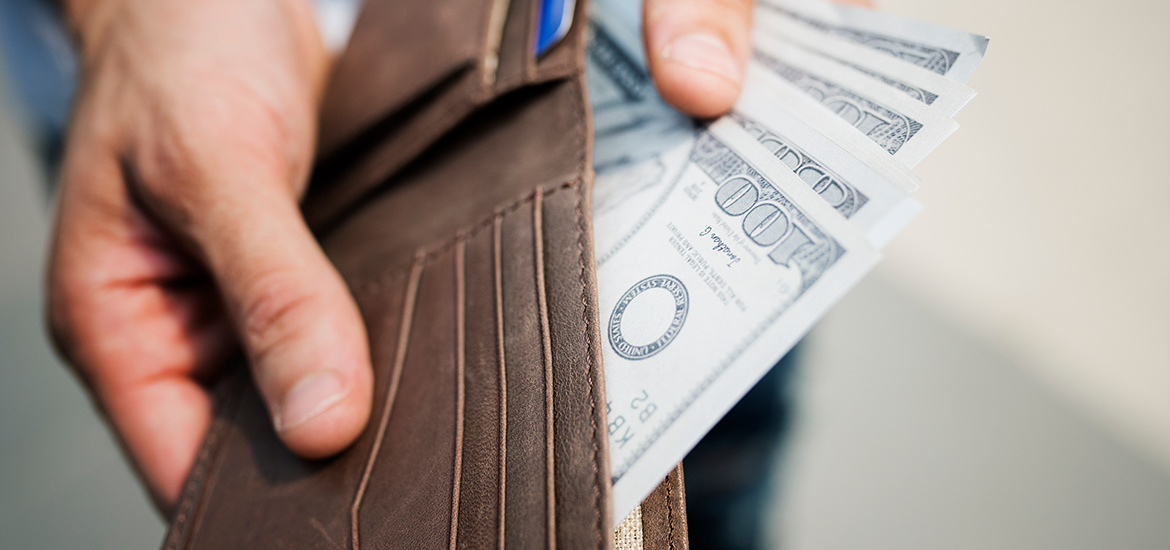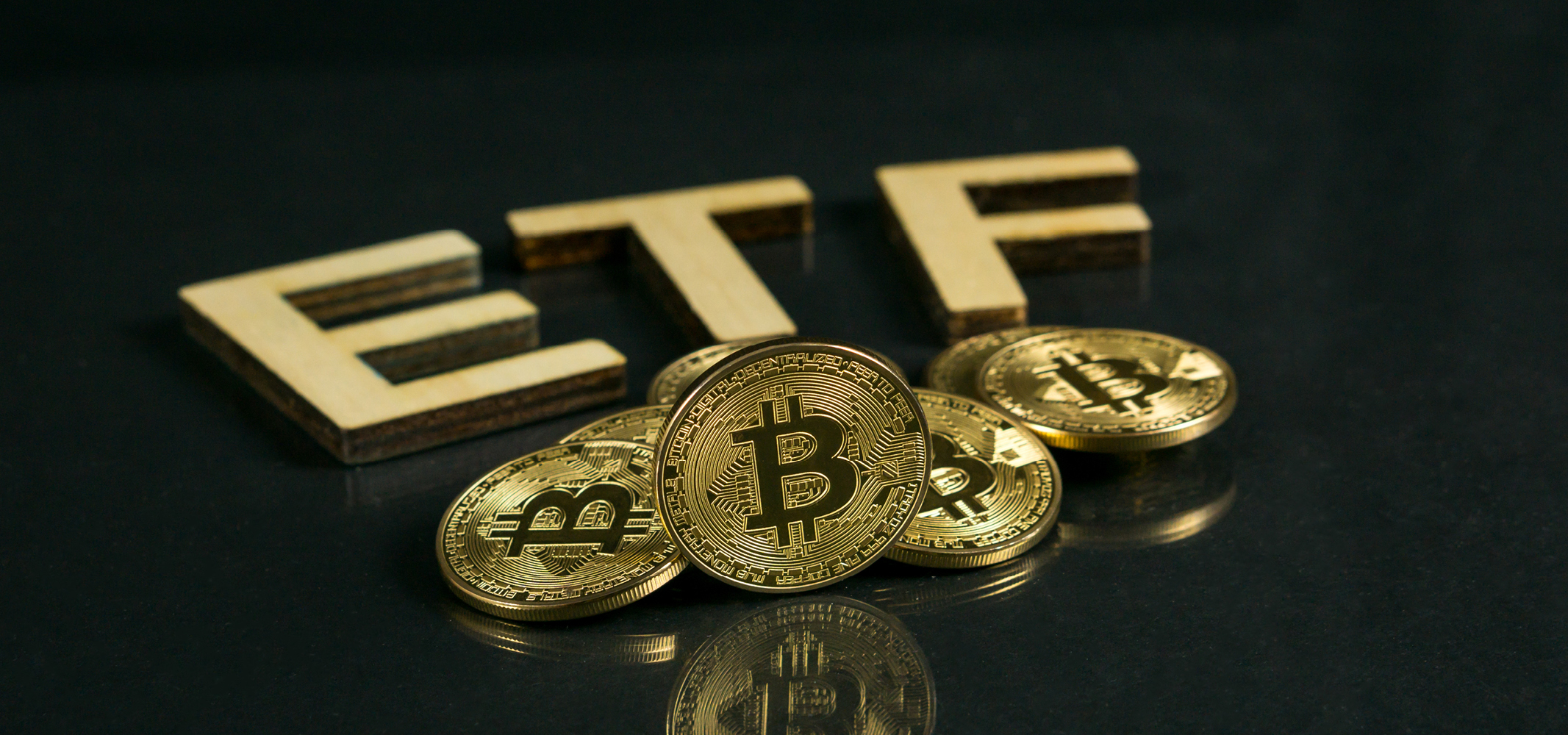In the USA, the House of Representatives wants to initiate direct payments to support citizens in the future. A “digital US dollar” is to help with this and is to be brought into play by corresponding legislative projects of the Democratic Party. It is not yet clear what role block chain technology will play in this process, nor is it certain that the planned measures will be approved by both chambers of parliament. It is not only our health care and social life that will suffer cuts in Corona times.
Above all, the economy and, for better or worse, our own wallets are suffering from the consequences of the spread of the virus. Extensive aid packages and support measures are being put together worldwide to relieve private individuals and companies. The fight against the economic low in the USA, is to be supported according to two new bills now by a “digital US dollar”. During the current crisis, the two bills, drafted by House Speaker Nancy Pelosi and Finance Committee Chairwoman Maxine Waters, are designed to support central banks as a digital alternative. What is under discussion is that the US Federal Reserve will launch the digital currency, through which all citizens will receive a one-time payment of 1000-2000 US dollars. The provisional legal texts define as follows: “A US dollar value that is kept as a digital database record as a liability on the books of each Federal Reserve”. This is an “electronic value unit that can be redeemed at approved financial institutions”.
In the course of this, the Federal Reserve is also to provide the Fed with corresponding wallets on which US citizens can receive their payments. Will the “digital US dollar” make it into the final legislative text? It is true that none of the draft laws states that the digital currency is a crypto currency or that the wallets use a decentralized infrastructure. However, the proposals are likely to have been inspired by Bitcoin & Co. With relevant supporters such as the former chairman of the Securities and Exchange Commission (CTFC) J. Christopher Giancarlo or economist Judy Shelton, the desired introduction of a “digital US dollar” can rely on prominent supporters.









Leave A Comment
You must be logged in to post a comment.